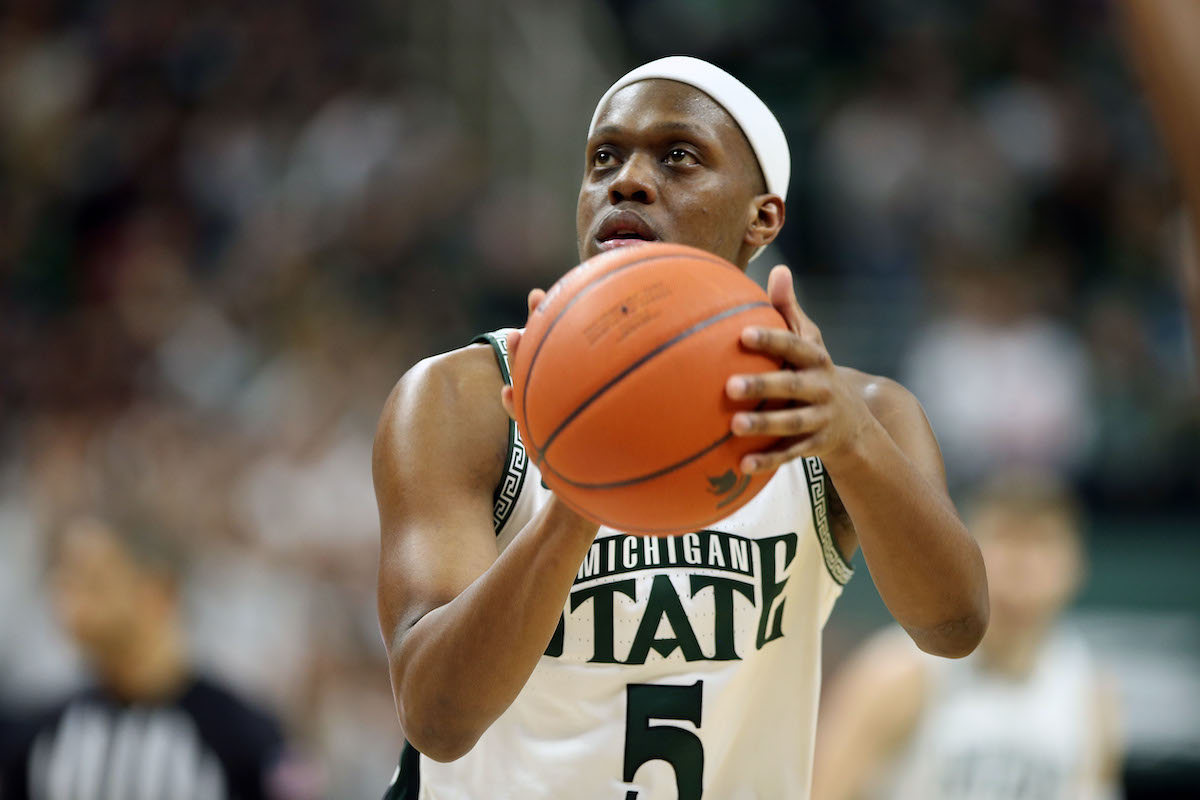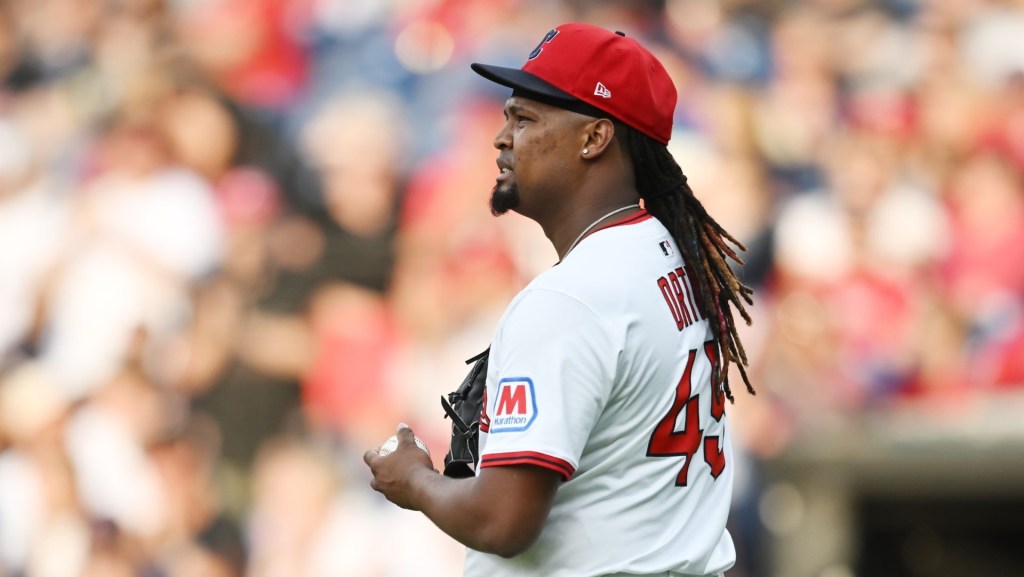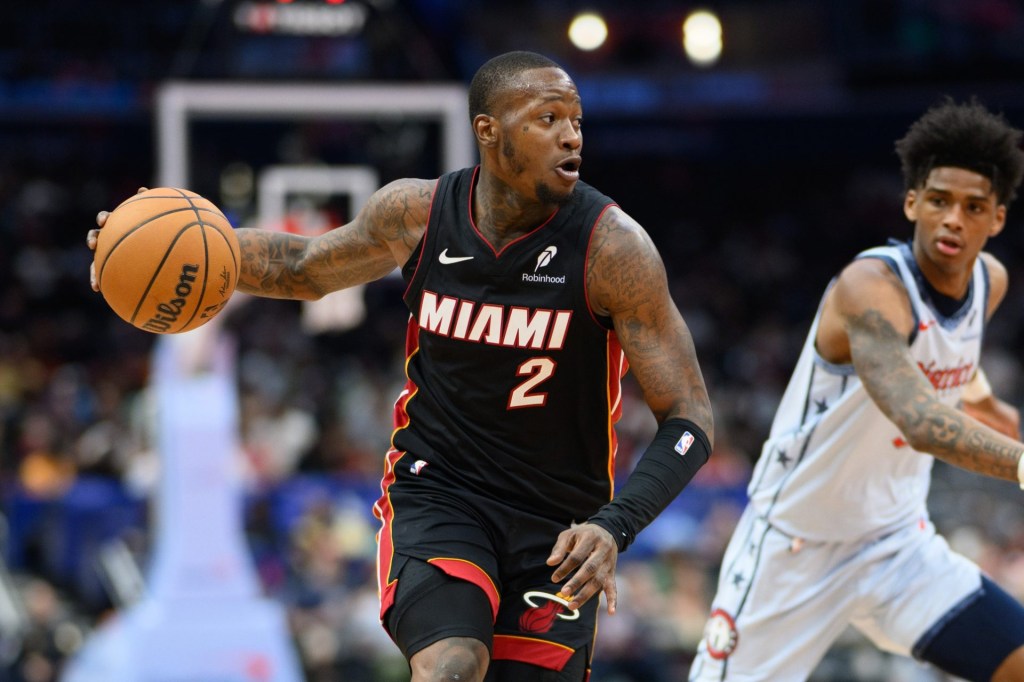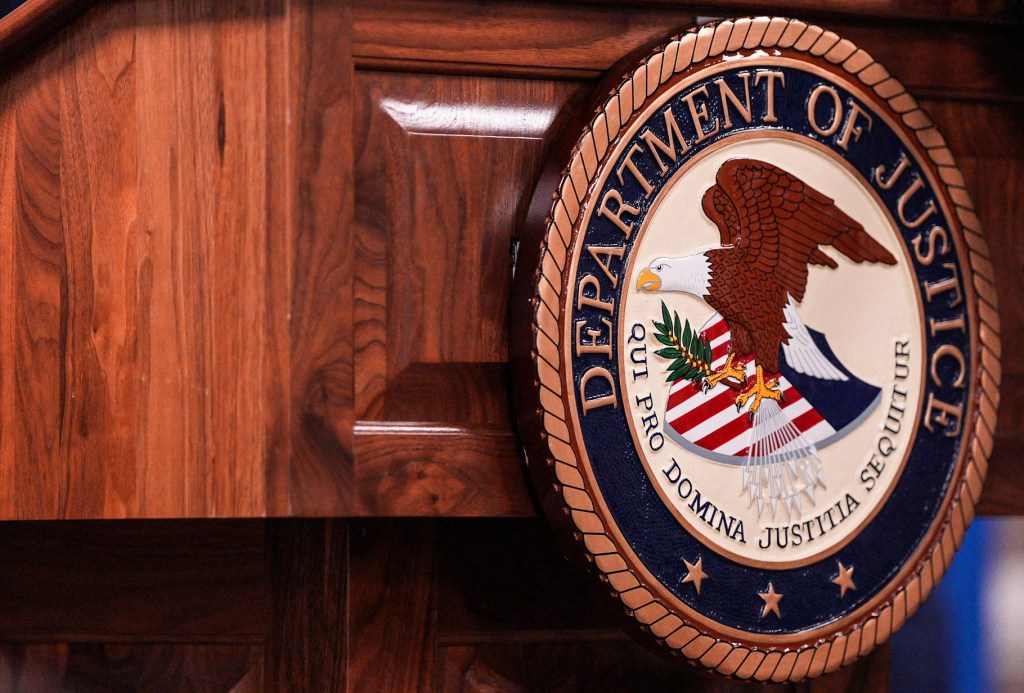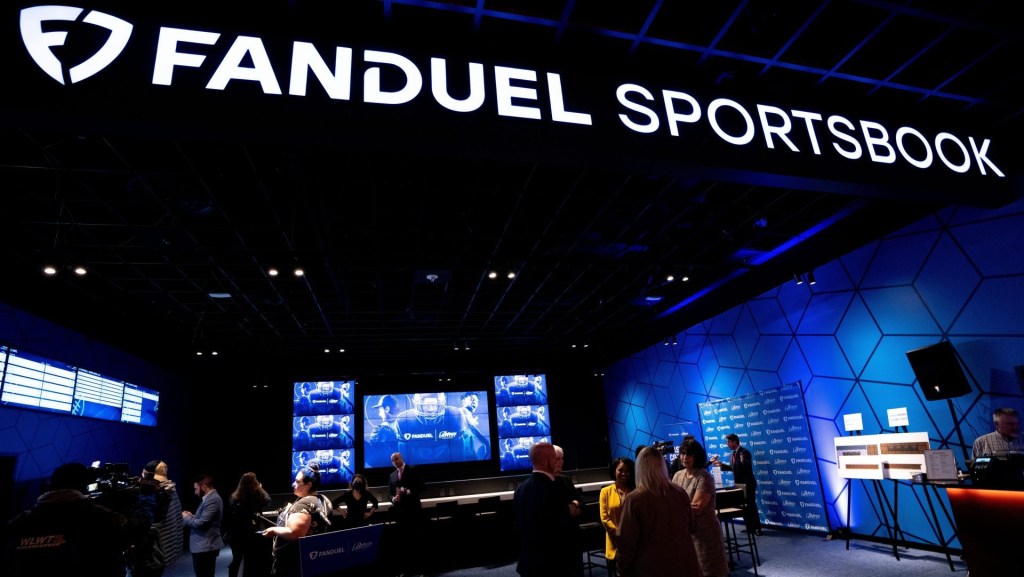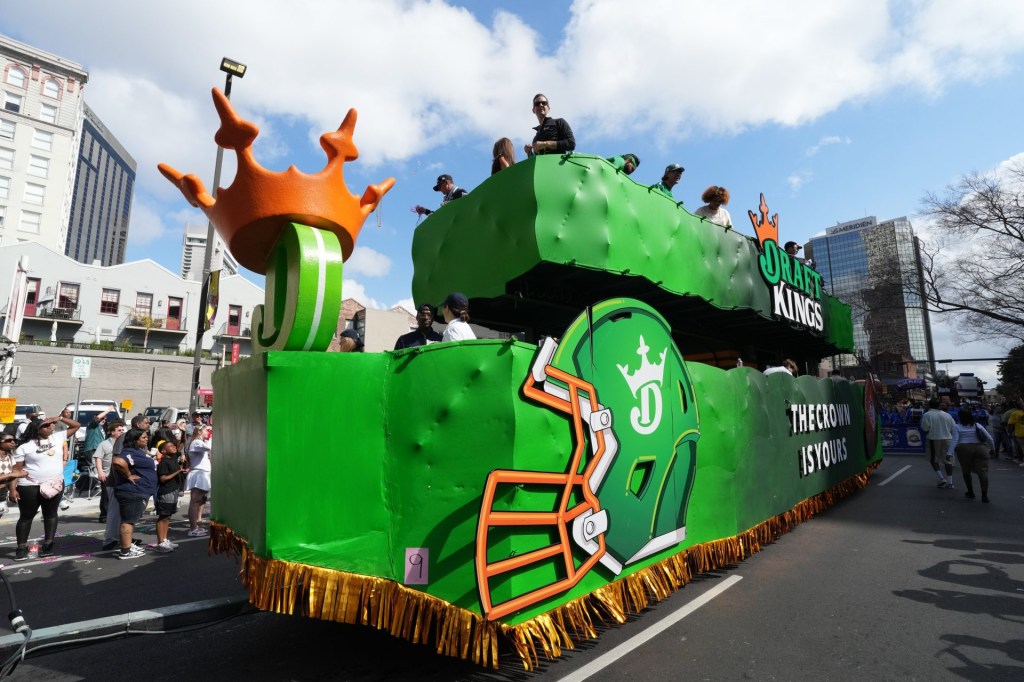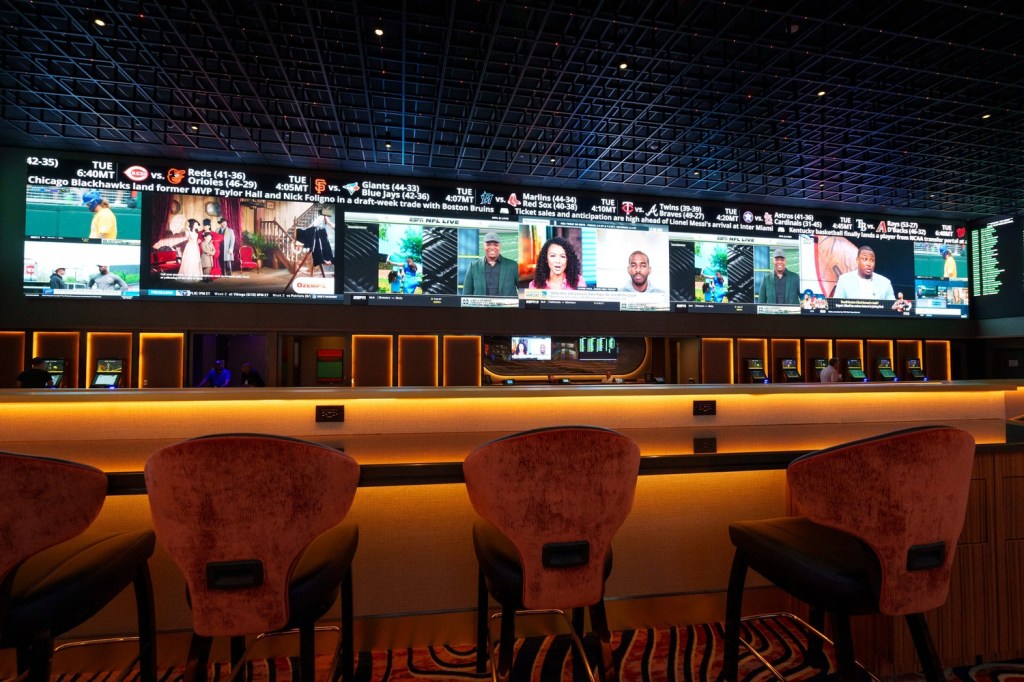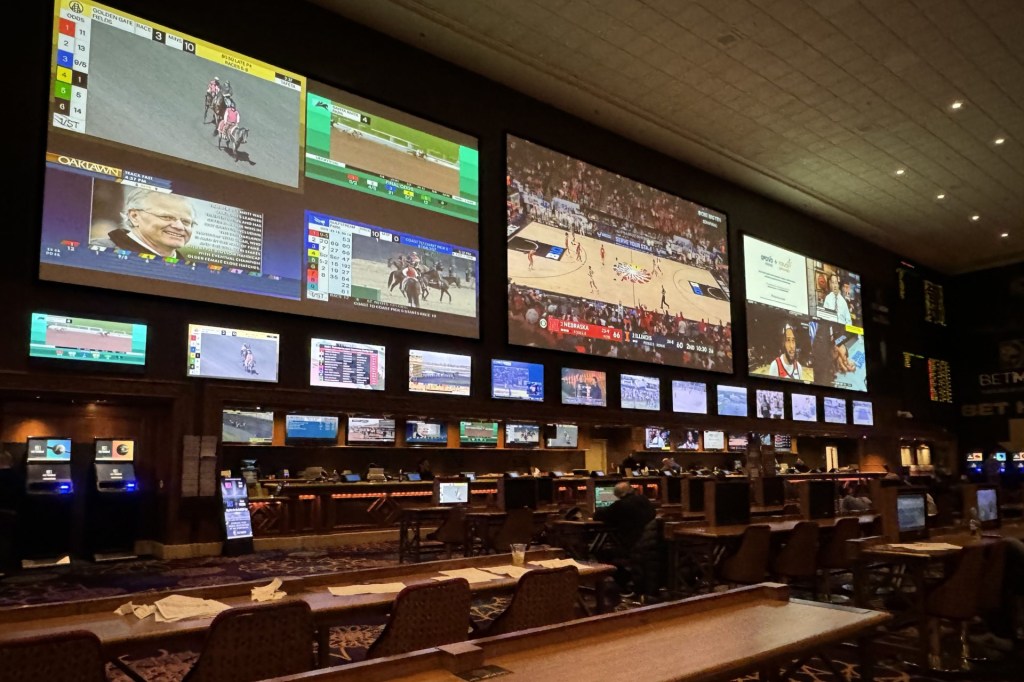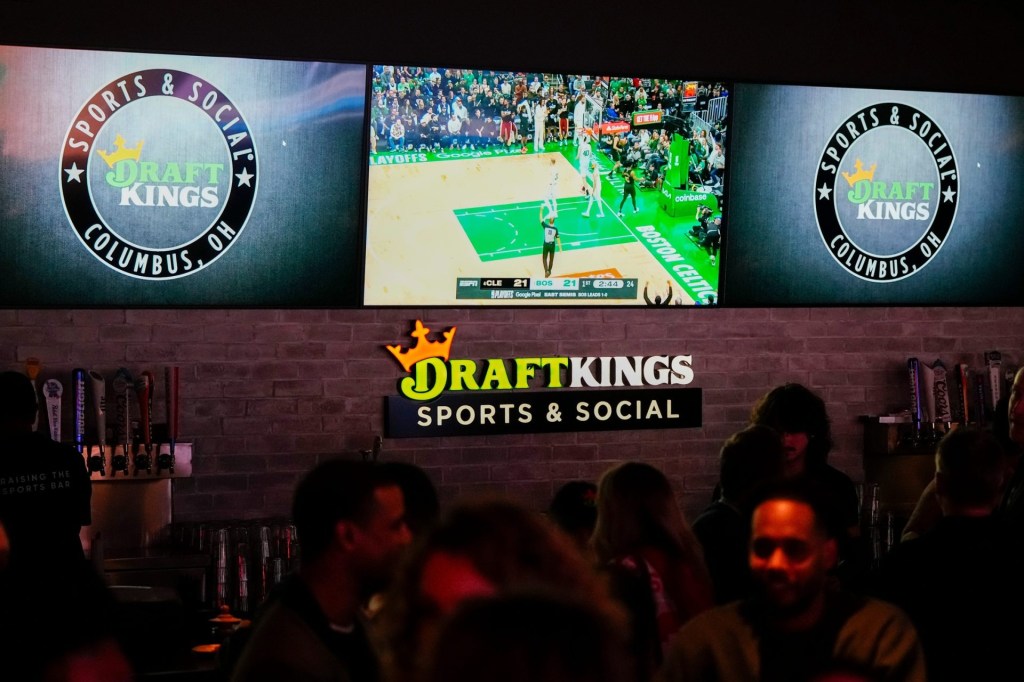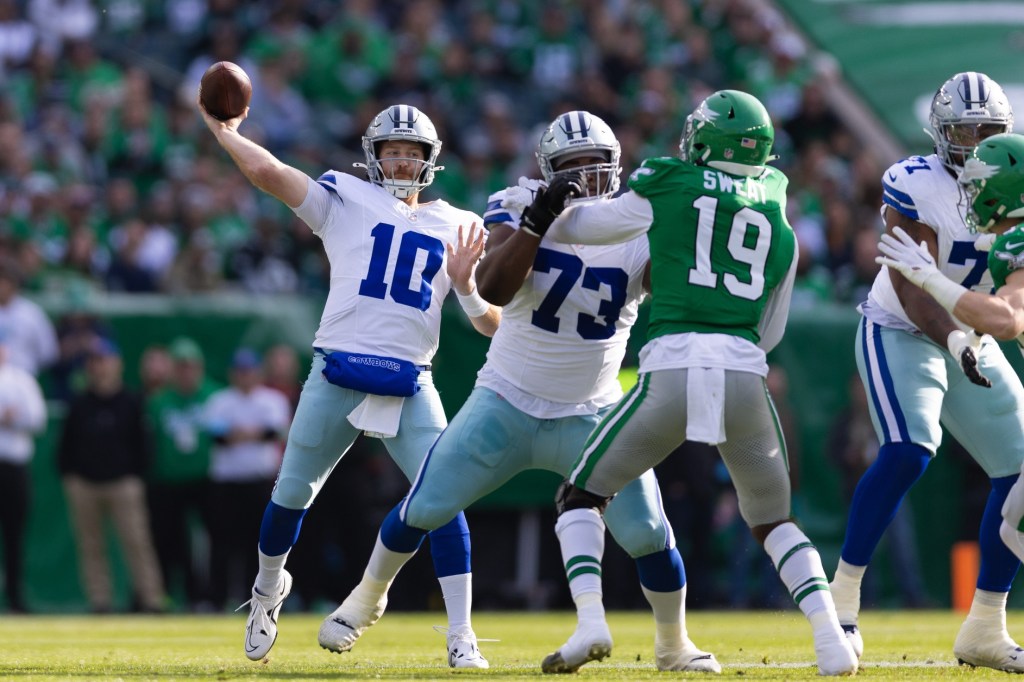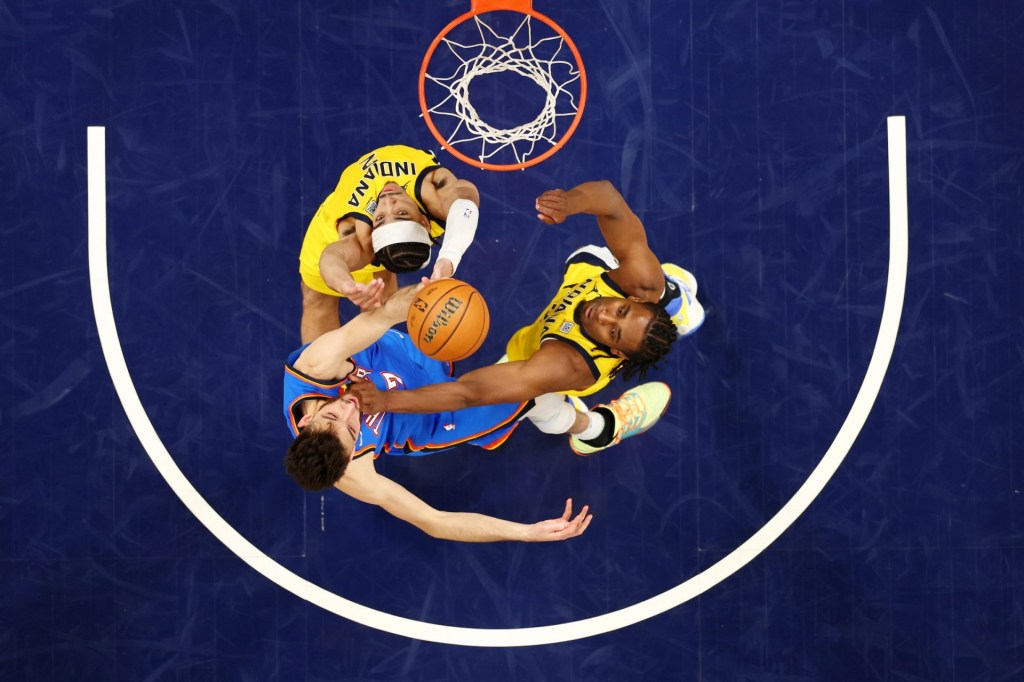With the sports world on hold, sports betting companies are also effectively hitting pause.
March Madness is one of the biggest sports betting events in the U.S., and its cancellation could cause Las Vegas to lose millions.
Last March’s handle topped more than $600 million.
Catena Media Head of U.S. Content Dustin Gouker said March Madness is often near or greater than Super Bowl for sportsbooks. This year, the reported Super Bowl handle neared $270 million, with Nevada accepting $154.7 million in bets, New Jersey took in $34.8 million.
“We went from early yesterday of we might have games going on without fans, which doesn’t affect gambling; now we don’t have them at all,” Gouker said. “It’ll hurt.”
In 2019, the American Gaming Association expected 47 million Americans to bet $8.5 billion on March Madness, with $3.9 billion in bets at a sportsbook, online, with a bookie or with a friend. Even before the NCAA canceling this year’s tournament, the AGA told FOS it would not release estimates this year.
Most sportsbooks are currently in a fluid state as leagues continue to postpone and cancel events. Many declined to comment for this story. An MGM spokesperson pointed to resort statements, as did a Caesars spokesperson. FanDuel declined to comment as it was still “game planning.”
A spokesperson for theScore said bets would be refunded for events canceled outright.
At the moment, Gouker said there’s very little by way of American sports to bet on. The only major sport of note is the PGA Tour’s The Players Championship is still taking place this week. However, those are small amounts compared to what is bet on college basketball, NBA, and MLB. A BetMGM spokesperson said golf, Nascar, European basketball, boxing and soccer in South America, Central America and Europe are still available on the app.
READ MORE: Brands Pivot On Marketing Efforts Amid Coronavirus Cancellations
Gouker said there’s also some overseas sports still taking place, whether its soccer, basketball, or darts. However, those are also small money sports for sports betting.
“Any sport that’s going on will probably get more eyeballs and action,” he said. “There’s a lot of niche stuff, but that adds up to very little, a small drop in the water opposed to what we lost.”
With time on their hands, sports betting companies can use the time to focus on the future. Michigan just launched sports betting this week, while Colorado was slated to open this month. Other states, like Illinois and Tennessee, could potentially open to mobile betting shortly, Gouker said.
“After March Madness, it was a slow time on the sports betting calendar anyway,” Gouker said. “Use the time to look forward to the NFL, state launches coming up. We’re still in the first year and a half of this; the future, there’s still so much opportunity.”
March Madness offered sports betting operators a customer acquisition point, with 63 games many sports fans were tuned into. It would have been the first year for March Madness betting in Indiana; a market Gouker imagines would have been significant.
“It’s big-time in handles, for how much is bet and, in the early days, of acquiring customers,” he said.
With no sports to bet on and without a significant event like March Madness not there to help acquire customers, operators will likely focus on customer retention and acquisition in the long run.
“You might have two months not to engage, and then you have to go back to reengage if they’re not,” Gouker said.
